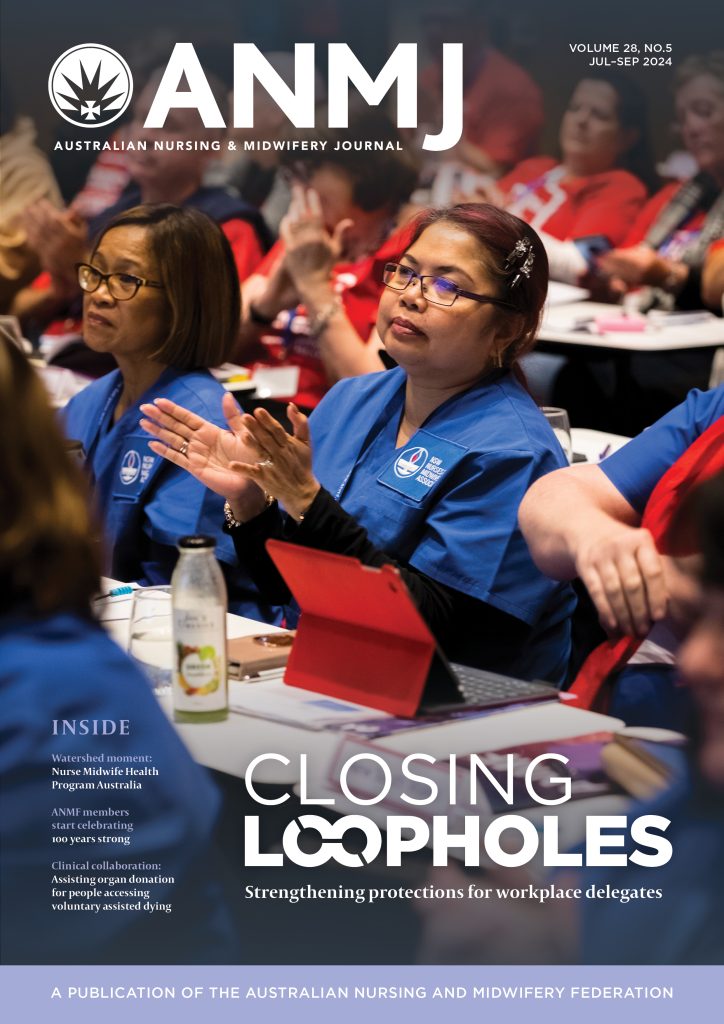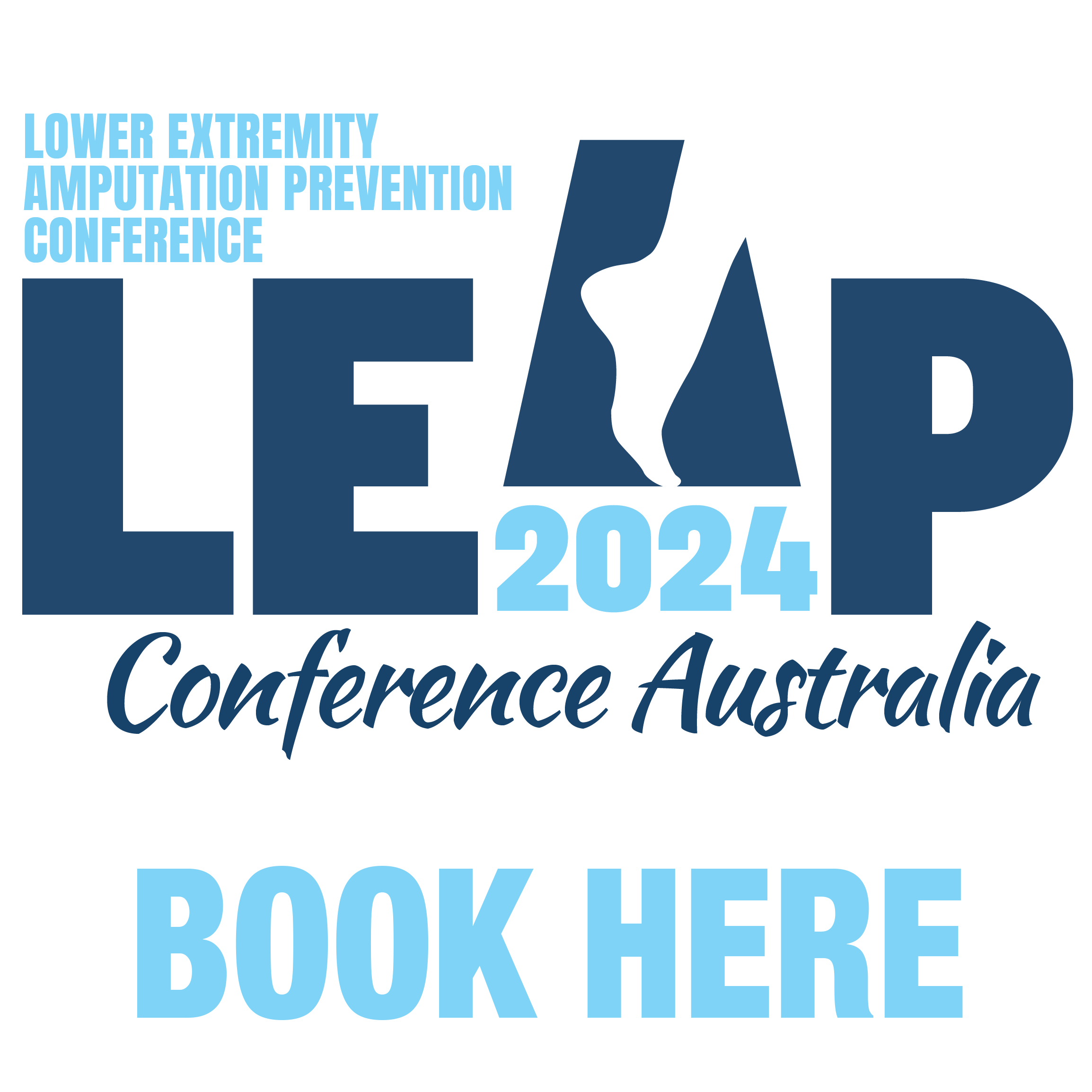“Care of the dying is urgent care” 1, yet many clinicians feel unsure about what is best practice.
This uncertainty is magnified when the patient is a child or baby. The Last Days of Life: Paediatric & Neonatal (LDOL: P&N) Toolkit was developed to support clinicians when caring for a paediatric or neonatal patient in an acute care setting during the last days of life.
Consisting of eight documents and 13 information sheets, this resource provides best practice guidance by strengthening the three key domains to support high-quality end of life care.
These include: recognising dying and initiating last days of life management, symptom management and information and communication for families. The LDOL: P&N Toolkit promotes a standardised, equitable, and safe approach to end of life care. A standardised approach enables a child to receive a high level of care regardless of the clinician’s experience, the patient’s location, ethnicity, religion, or social status.
Documents developed for the Toolkit include: Initiating the LDOL: P&N, Medication Guidance Documents (Anticipatory Prescribing, Pain, Breathlessness and Nausea and Vomiting) and the LDOL: P&N Comfort Observation and Symptom Assessment Chart. The information sheets are available to support communication. Topics include; ‘Arranging a funeral for a baby’, ‘Siblings and the last days of life’ and ‘Taking your child home to die’.
The LDOL: P&N is based on the NSW Clinical Excellence Committee’s Last Days of Life (Adult) Toolkit, modified for the neonatal/paediatric population by a multidisciplinary working group with representation from neonatal and paediatric clinicians including medical, nursing, allied health and pharmacy.
The LDOL: P&N Toolkit has been informed and tested through a NSW wide consultation, seven simulation scenarios, consumer feedback, and a six-month quality improvement pilot. Clinicians’ feedback was obtained through an online survey or semi-structured interviews. Nine sites were involved in the pilot, during which the LDOL: P&N Toolkit was initiated on 12 occasions. Twenty-five staff volunteered feedback, which helped refocus care to what was important, assisted with language, and a good prompt to ensure key elements of care were not missed. For less experienced clinicians, the LDOL: P&N Toolkit provided guidance, whereas it provided reassurance for the more experienced clinicians. Overall, the LDOL: P&N Toolkit was identified as a valuable resource that increased clinicians’ confidence and changed the focus of care to support best practice.
The LDOL: P&N Toolkit can be viewed on the New South Wales Paediatric Palliative Care Programme website.
Reference
1 Australian Commission on Safety and Quality in Health Care. National Consensus Statement: essential elements for safe and high-quality end of life care. Sydney: ACSQHC, 2015.
Author:
Sandra Coombs is Paediatric Palliative Care Clinical Nurse Consultant at the Sydney Children’s Hospital Network, Randwick NSW









